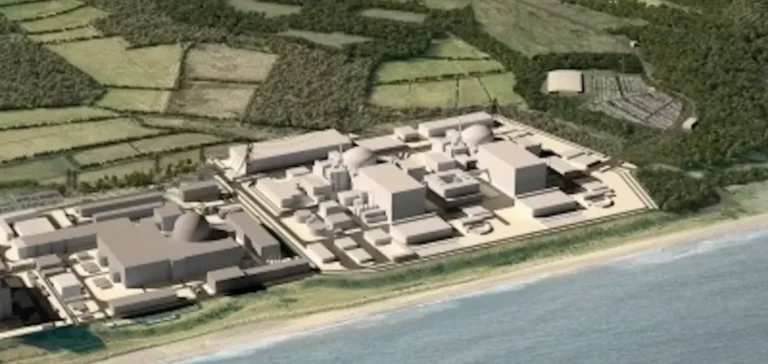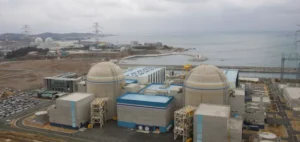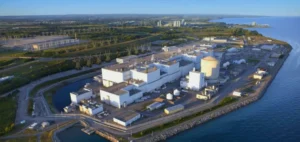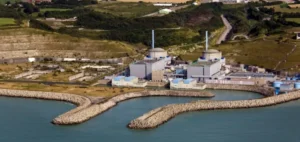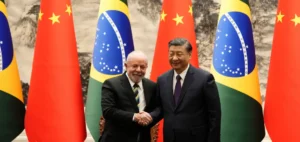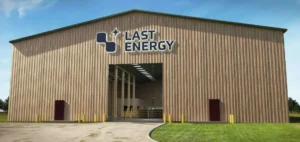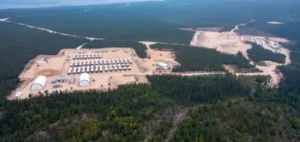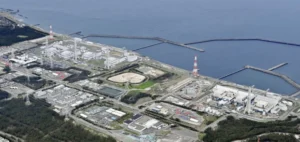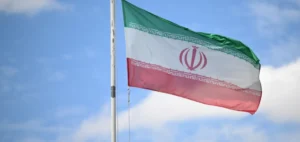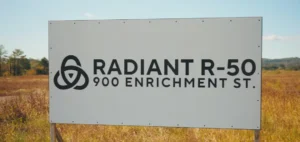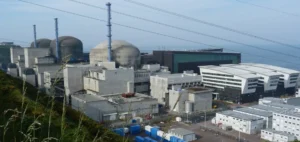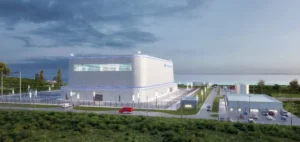EDF (Électricité de France) has confirmed a 12.5% financial stake in the construction project of the Sizewell C nuclear power station in the United Kingdom. The announcement, made alongside a bilateral meeting between French President Emmanuel Macron and the British Prime Minister, underlines France’s commitment to Britain’s nuclear sector, a key component of Franco-British relations. With an investment estimated at £1.1 billion (approximately €1.3 billion), the French energy giant consolidates its strategic role across the Channel. Sizewell C will comprise two European Pressurized Reactor (EPR) units, a technology already deployed by EDF in other European and international projects.
Complex Financing and Multiple Partners
In addition to EDF, the UK project already benefits from significant support from the British government, which has allocated £17.8 billion to its development. This amount, earmarked to initiate construction, does not cover the project’s entire financial needs, compelling London to seek additional private partners to complete the funding. Potential investors notably include British energy company Centrica, anticipated to take a substantial stake, and Canadian investment firm Brookfield Asset Management. A final decision on the financing and definitive partnership structure is expected this summer.
EDF’s Mixed Experience with UK Projects
The French group, wholly owned by the state, is already significantly involved in British nuclear projects through the Hinkley Point C plant, of which it owns 72.6%. However, this project, located in southwest England, has experienced repeated cost overruns, causing significant delays in its commissioning, now scheduled for 2029 at the earliest. This challenging experience has led EDF to adopt a more cautious approach to Sizewell C, significantly reducing its direct stake compared to the Hinkley Point C model. Despite these precautions, EDF maintains that Sizewell C represents a profitable investment, notably benefiting from additional financial guarantees provided by the French public investment bank Bpifrance, amounting to €5 billion.
Criticism and Risks Associated with the Project
British organizations opposed to Sizewell C, such as Together Against Sizewell C (TASC), have criticized EDF’s limited financial participation, describing it as insufficient compared to the proportion financed by UK taxpayers. According to TASC, this financing strategy exposes British public finances to greater risk in the event of budget overruns or delays. These concerns echo the previous delays and cost escalations at Hinkley Point C, which triggered similar debates in both the UK and France. Such financial and operational uncertainties remain central to discussions about Sizewell C’s future, in a context where nuclear energy remains strategically significant yet financially challenging for the governments involved.


